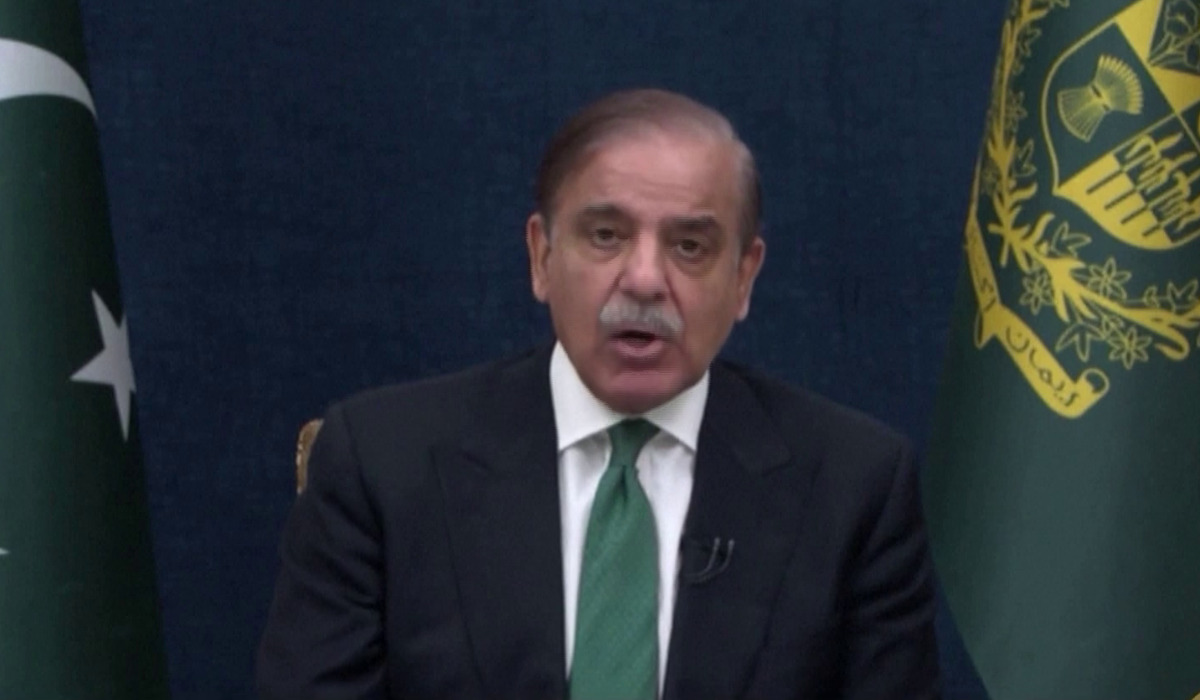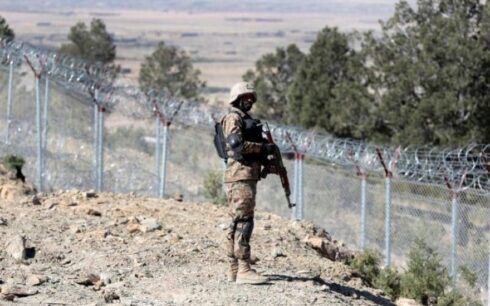Shehbaz Sharif was reelected as Pakistan’s prime minister on Sunday, assuming the role for the second time after his brother, Nawaz Sharif, declined to seek a fourth term. Shehbaz has been instrumental in maintaining a diverse coalition for 16 months following the ousting of Imran Khan.
At 72, Shehbaz Sharif won the parliamentary vote to become premier, a position he previously held until August, when the parliament was dissolved before last month’s elections. Since then, Pakistan has been under a caretaker government.
Despite Nawaz Sharif’s election to the assembly and being the anticipated candidate for prime minister, the party and its coalition allies named Shehbaz to lead the nation. According to Nawaz’s daughter, Maryam, in a post on X, Nawaz opted out of leading a minority coalition government, having previously enjoyed clear majorities during his terms.
The Pakistan Muslim League-Nawaz (PML-N) party, led by the Sharif brothers, secured 80 of the 264 contested seats in the recent elections, garnering additional support from other parties to achieve a majority.
Since Khan’s removal in 2022, Shehbaz Sharif has not only kept the coalition intact but also navigated Pakistan towards a crucial International Monetary Fund (IMF) bailout last year.
His return to the prime minister’s office follows the PML-N’s reconciliation with the military, uniting against their mutual adversary, Khan, who had policy disagreements with senior military officials.
Nawaz Sharif, who was in self-imposed exile in London and disqualified from public office, returned to Pakistan in October. He attributes the economic downturn to Khan’s administration, accusing it of reneging on an IMF deal just before his removal. Shehbaz Sharif has stated that his government was forced to implement reforms and eliminate subsidies, which led to a spike in inflation.





